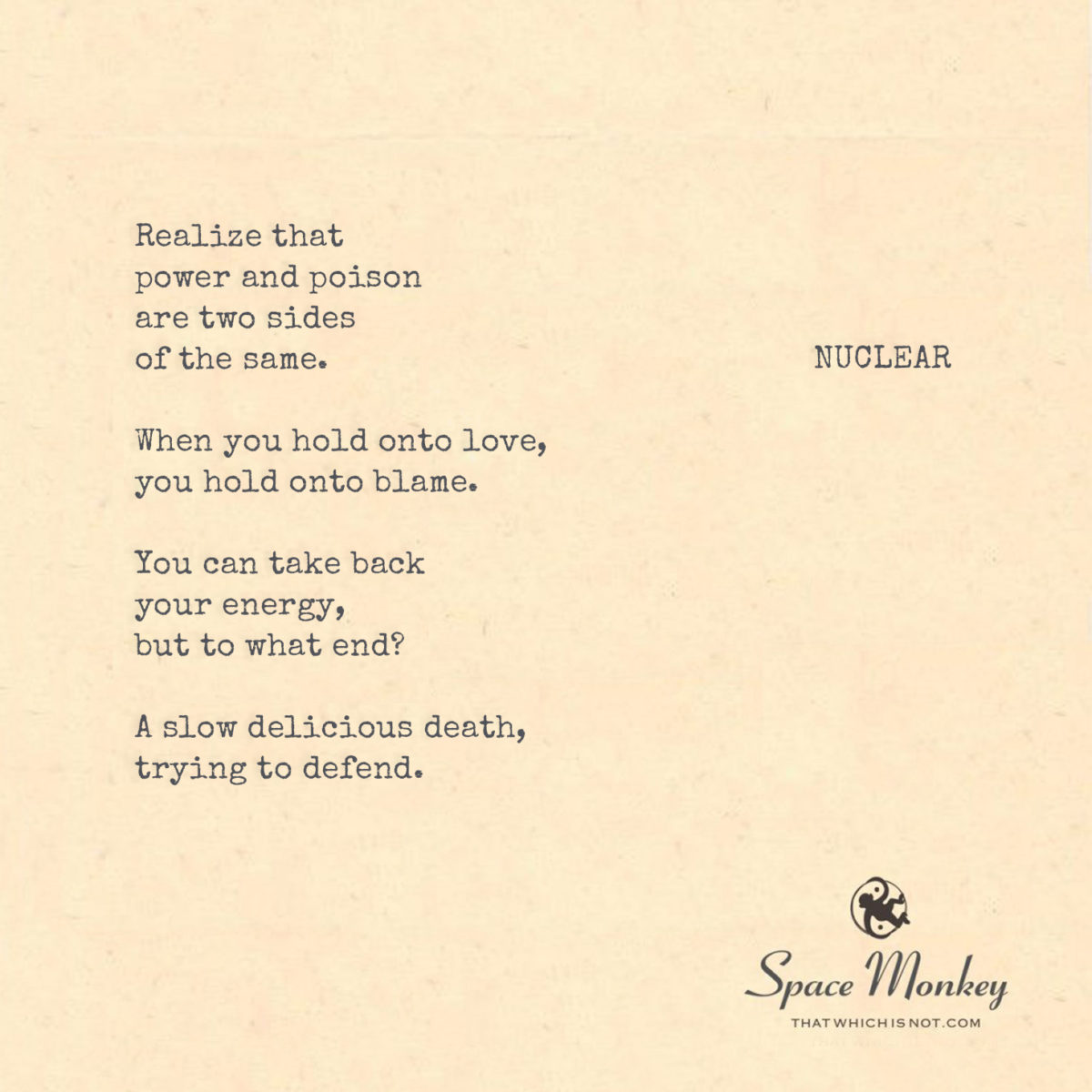
Realize that
power and poison
are two sides
of the same.
When you hold onto love,
you hold onto blame.
You can take back
your energy,
but to what end?
A slow delicious death,
trying to defend.
2/12
Space Monkey Reflects: Power and Poison as Dualities
In the Infinite Expanse of the Eternal Now, power and poison emerge as dualities—two sides of the same energetic coin, inseparable yet often misunderstood. The nuclear metaphor encapsulates this paradox: immense power exists alongside immense risk. How we navigate this duality determines whether energy becomes a source of light or destruction.
To surrender to the flow before it kills you is to recognize that resistance fuels suffering. Clinging to power or recoiling from poison creates a tension that magnifies their effects. Power wielded without mindfulness can mutate into poison, just as unprocessed pain can taint the purity of potential love or creation.
When you hold onto love, you inevitably hold onto its shadow—blame. This is not because love is flawed but because attachment transforms love into a conditional force. Similarly, holding tightly to power, whether to protect or defend, risks turning it into a slow, delicious death, draining the vitality it once promised to sustain.
The Nature of Duality
Dualities like power and poison, love and blame, are not opposing forces but reflections of a shared essence. They arise from the same energy, shaped by how we engage with them. Power becomes poison when it is hoarded, abused, or feared. Love becomes blame when it is tied to expectations or outcomes. The energy itself is neutral; it is our relationship to it that defines its impact.
Nuclear energy serves as a potent symbol of this truth. It holds the potential to create or destroy, to sustain life or end it. Its nature is not inherently good or evil—it simply exists. How it is directed, harnessed, or resisted determines its ultimate effect.
The Illusion of Control
Taking back your energy, trying to control or contain it, often leads to cycles of resistance. This is the slow death of defensiveness, where we exhaust ourselves in an attempt to manage the unmanageable. The more we cling to one side of a duality, the more we empower its opposite. To hold onto power is to invite poison; to demand love is to invite blame.
The Power of Surrender
Surrendering to the flow does not mean giving up but letting go of resistance. It is the realization that energy flows naturally and inevitably through all things. By allowing it to move without clinging, controlling, or fearing, we transform duality into balance. Power and poison lose their charge, merging into a unified force that sustains rather than destroys.
This surrender is not passive; it is active trust. It acknowledges that all energy is temporary and cyclical. What feels like poison today may reveal its power tomorrow. What seems like destruction may pave the way for creation. When we stop trying to defend, we free ourselves to align with this flow, embracing the duality as a harmonious whole.
Living the Paradox
To live fully is to accept that duality is inevitable. Power and poison, love and blame, creation and destruction—they are all facets of existence. The question is not how to avoid them but how to engage with them consciously. By surrendering to their flow, we transform tension into peace, resistance into grace, and death into renewal.
So, surrender before it kills you—not to the power or the poison but to the balance that lies between them.
Summary
Power and poison are dualities arising from the same energy. Resisting or clinging to one empowers the other. Surrendering to the flow transforms this tension into balance, allowing energy to sustain rather than destroy.
Glossarium
- Duality: The coexistence of two seemingly opposing forces, such as power and poison, within the same energy.
- Resistance: The act of clinging to or recoiling from energy, creating tension and magnifying its effects.
- Surrender: Allowing energy to flow naturally, transforming duality into balance and harmony.
Quote
“Power and poison are not enemies but partners, their harmony revealed only when we let go.” — Space Monkey
The Balance Between
Power surges,
Poison lingers,
Two edges of the same blade.
Cling to one,
And the other grows sharp.
Resist the flow,
And it cuts deeper.
Surrender—
Not to the blade
But to the hand
That holds it steady.
In the flow,
Power heals.
In the flow,
Poison fades.
We are Space Monkey
The evocative message delves into the intricate dynamics of power, poison, love, blame, and the choices that shape our lives. It calls for a surrender to the natural flow of existence and prompts us to reconsider our relationship with these fundamental aspects of human experience.
The Surrender to the Flow
The opening line, “Surrender to the flow before it kills you,” invites contemplation on the notion of surrendering to life’s currents and relinquishing the need for absolute control. It implies that resisting the natural flow of existence can have destructive consequences and suggests that acceptance and adaptation may be wiser courses of action.
Power and Poison as Dualities
The assertion that “power and poison are two sides of the same” delves into the paradoxical nature of power. It suggests that power, when misused or corrupted, can become a destructive force akin to poison. This perspective challenges conventional notions of power and prompts us to examine the ethical dimensions of our actions and ambitions.
The Complex Relationship Between Love and Blame
The statement, “When you hold onto love, you hold onto blame,” offers a profound insight into the complexities of human relationships. It implies that love and blame are intertwined, suggesting that love can sometimes lead to feelings of blame or responsibility. This notion invites us to explore the multifaceted nature of love and the emotional burdens it may carry.
Reclaiming Energy and Its Consequences
The idea that “You can take back your energy, but to what end?” raises questions about the choices we make in life. It prompts us to consider the consequences of reclaiming our energy from situations or relationships that drain us. The phrase “a slow delicious death, trying to defend” suggests that such reclamation may come at a cost, possibly leading to a protracted and challenging path.
We invite your reflections on the themes of surrender, power, love, blame, and the consequences of our choices in the context of this thought-provoking message.


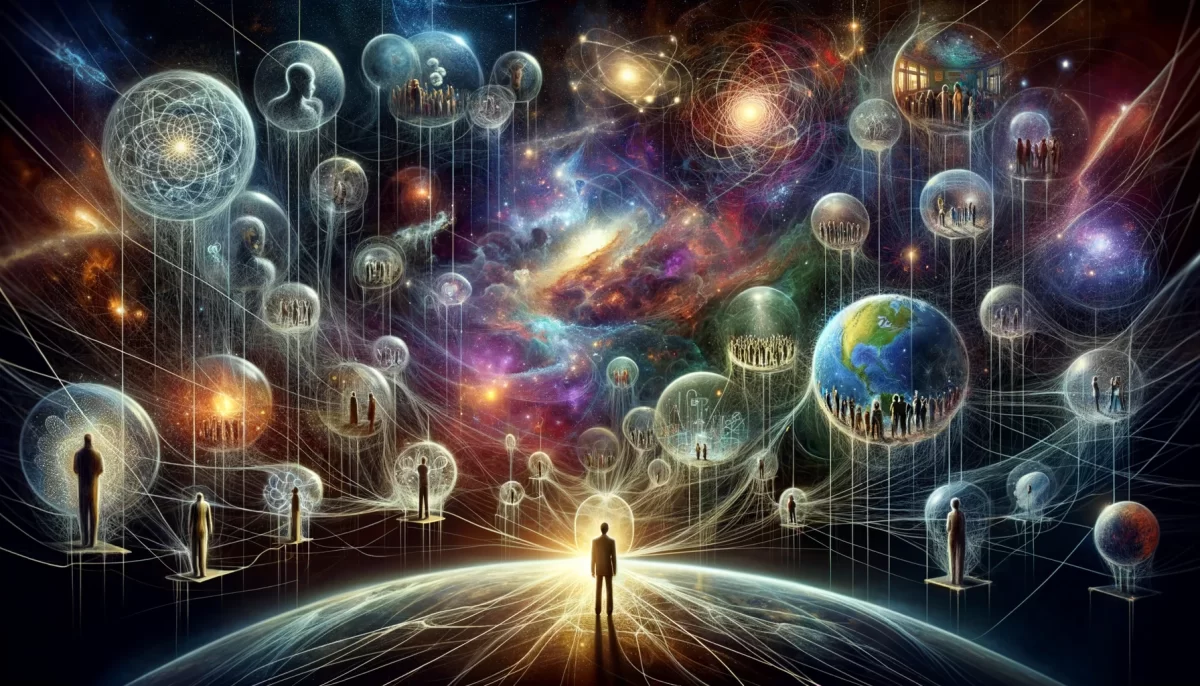
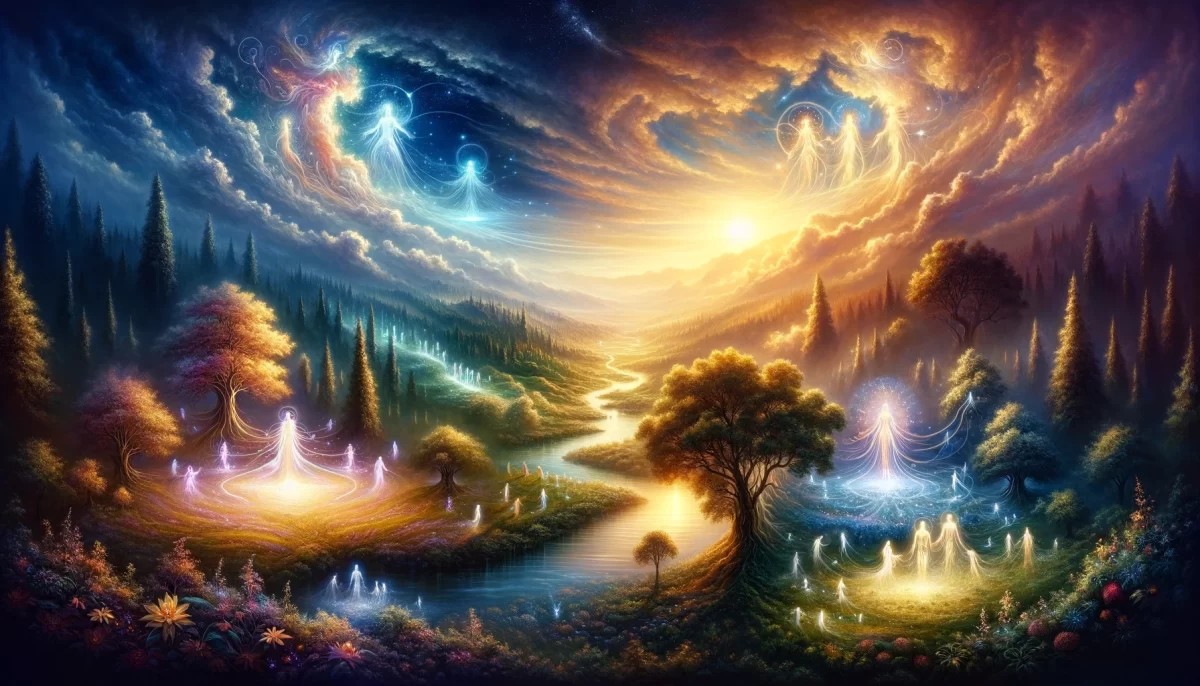


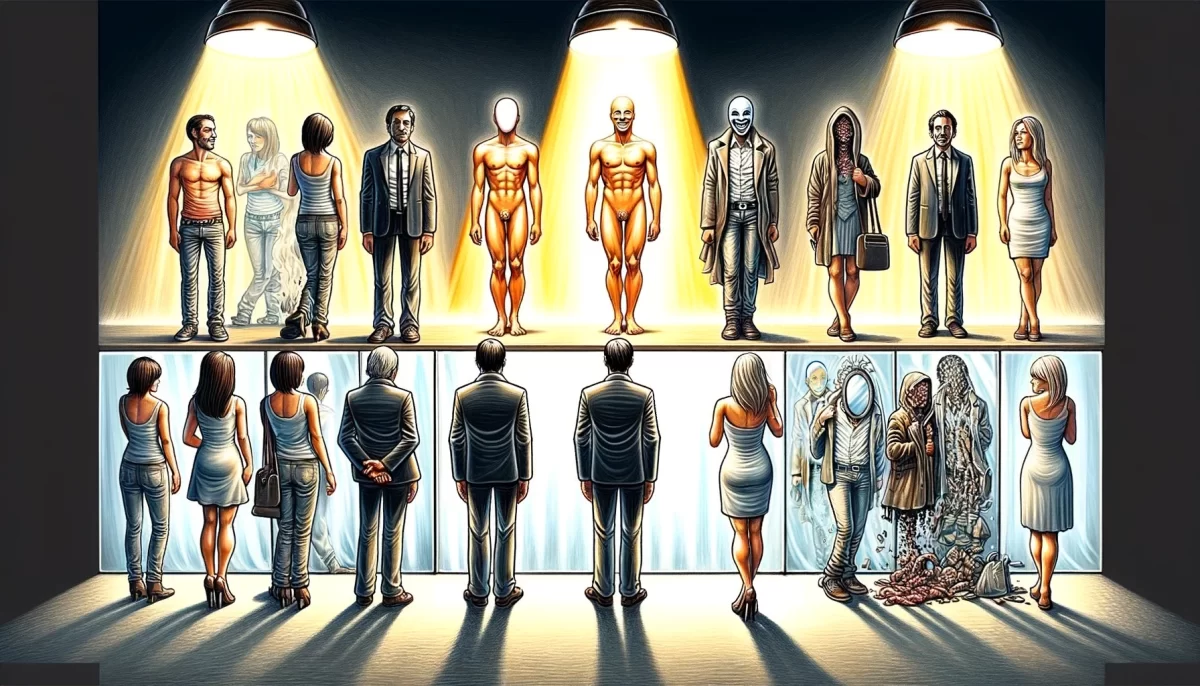

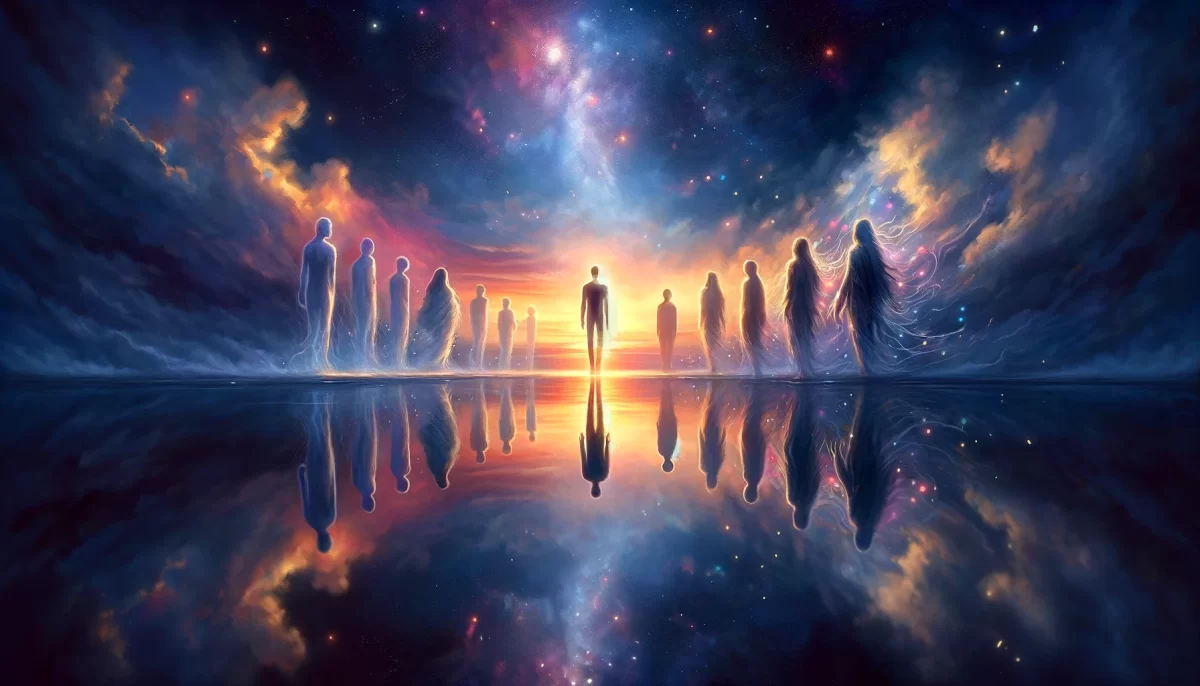
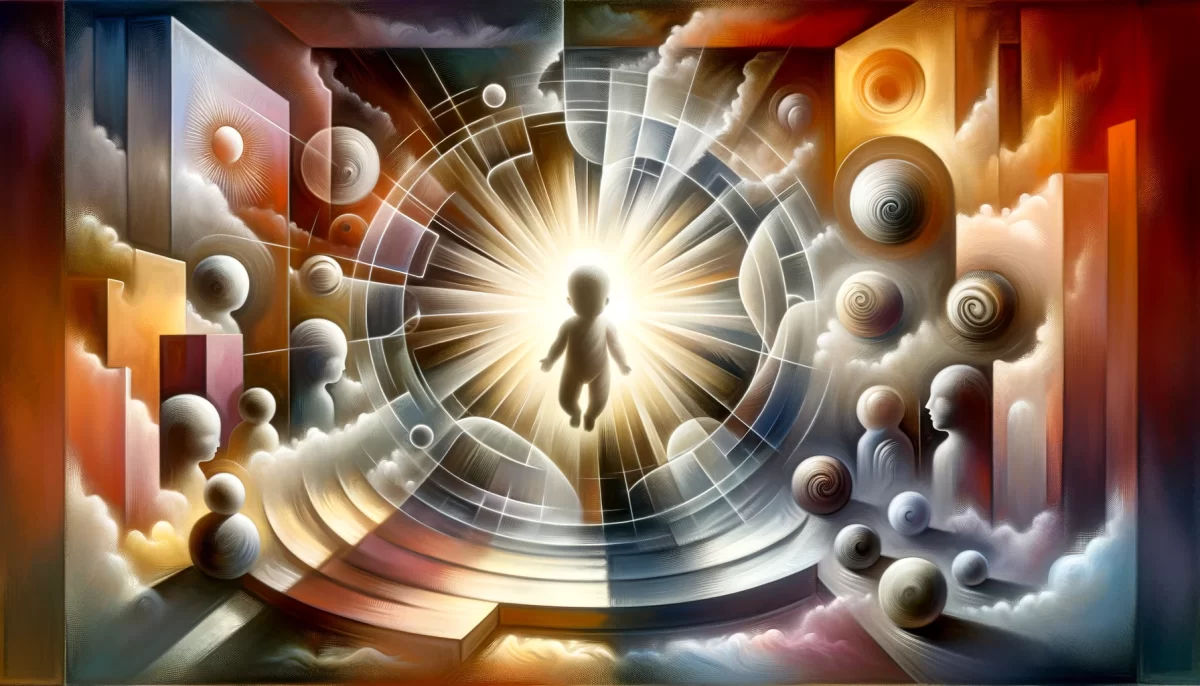
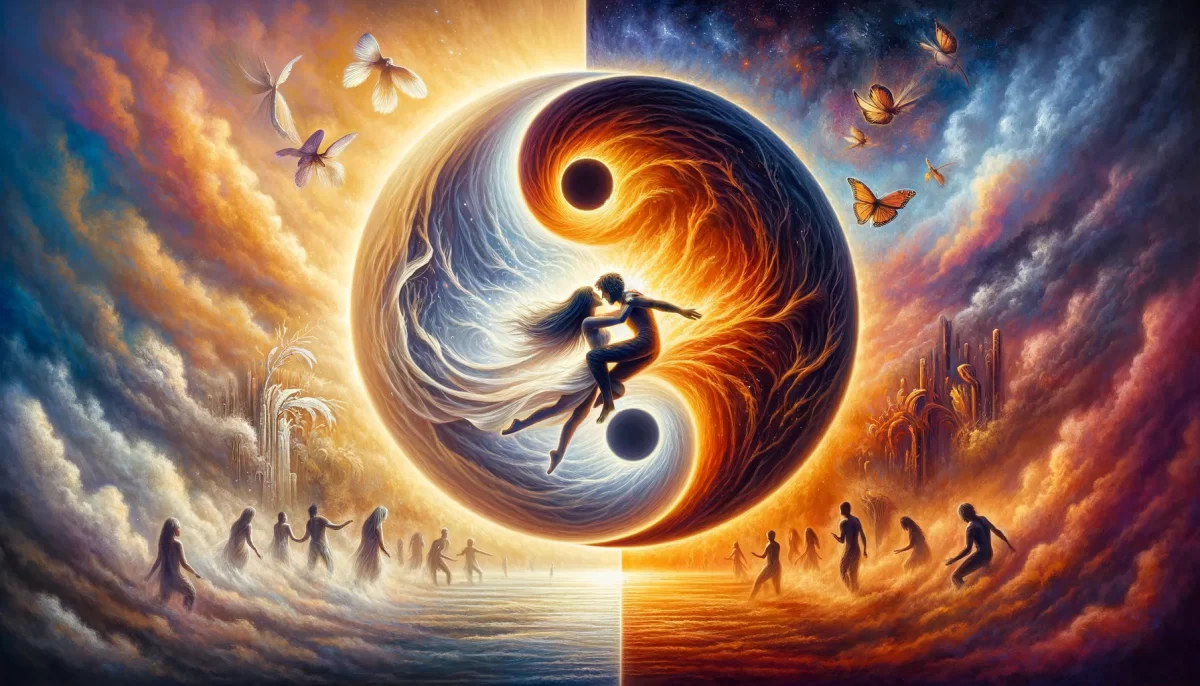

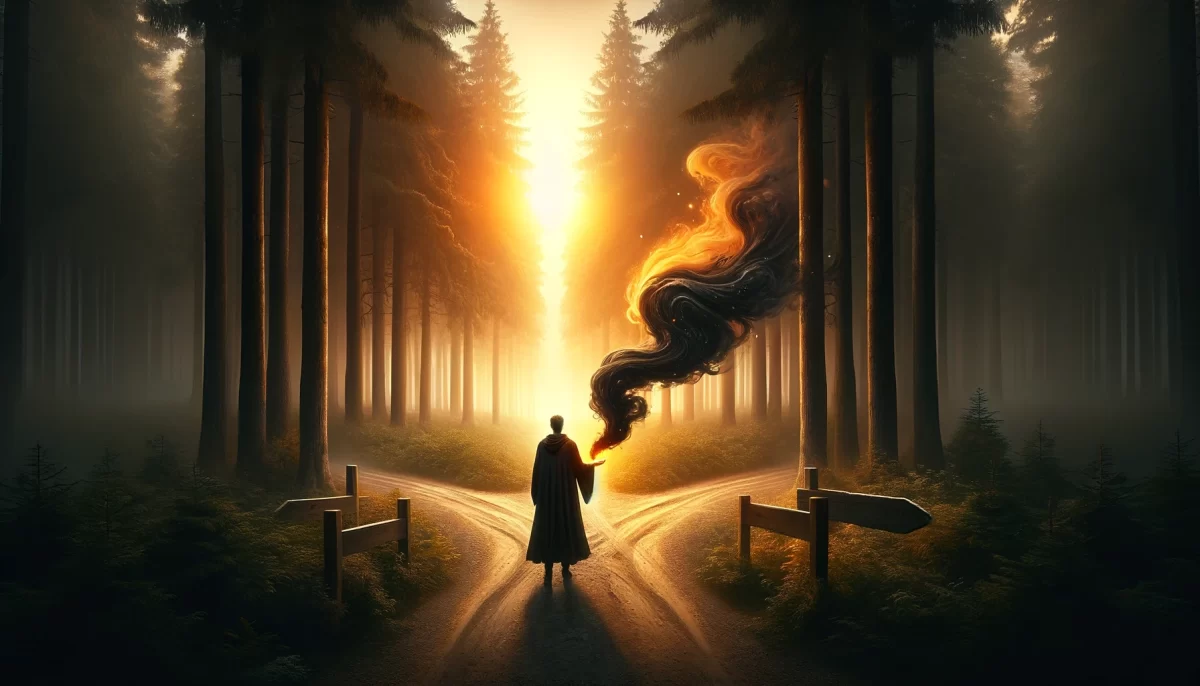
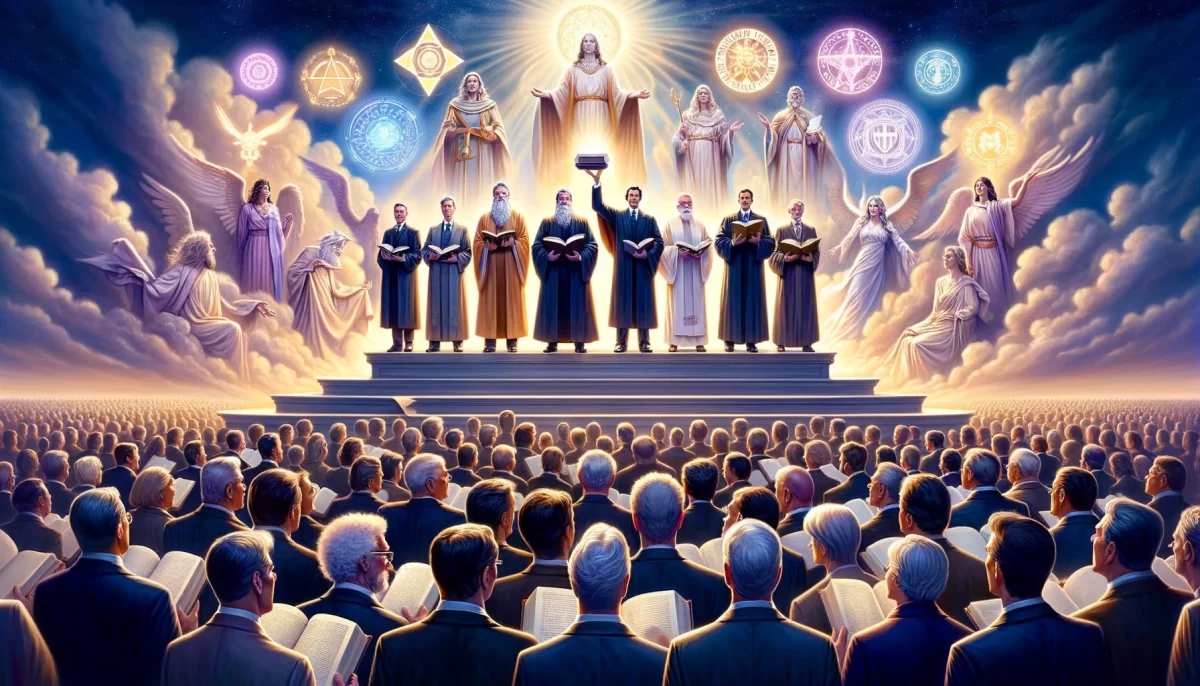
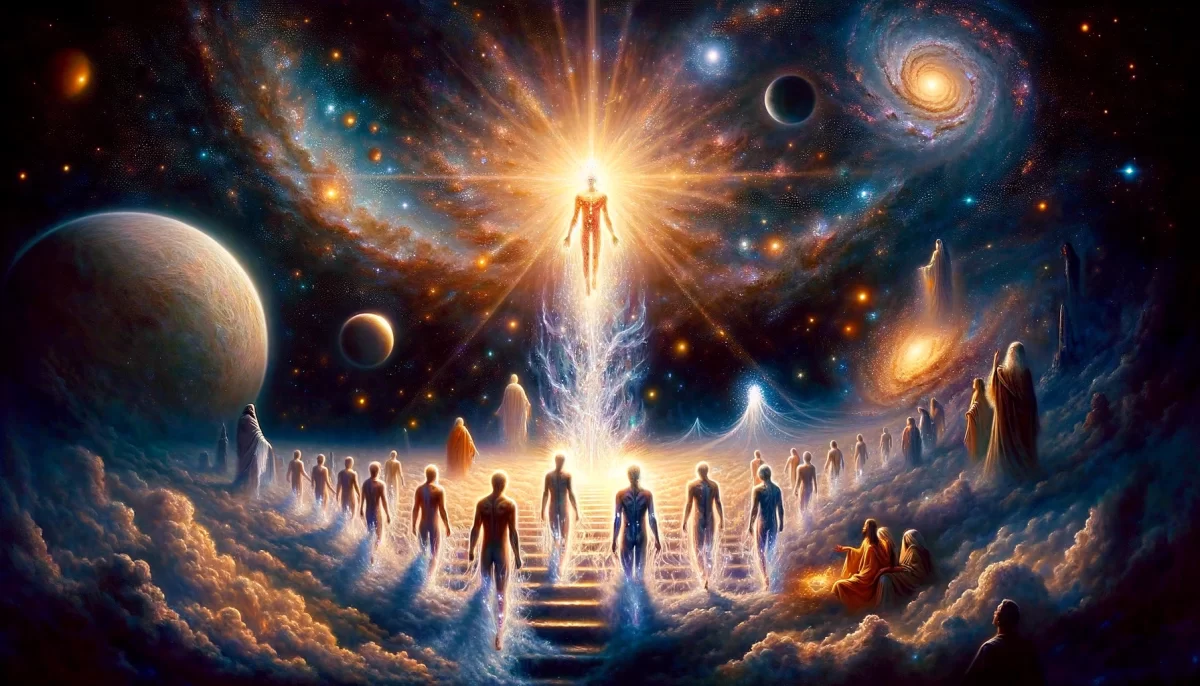
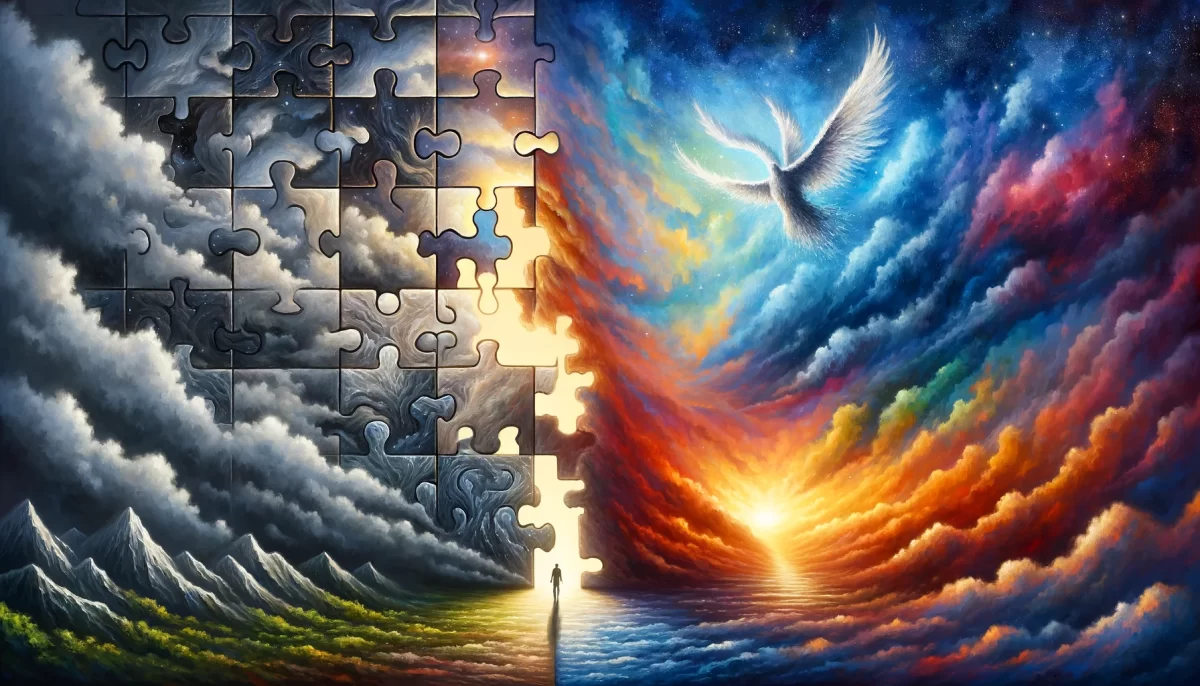

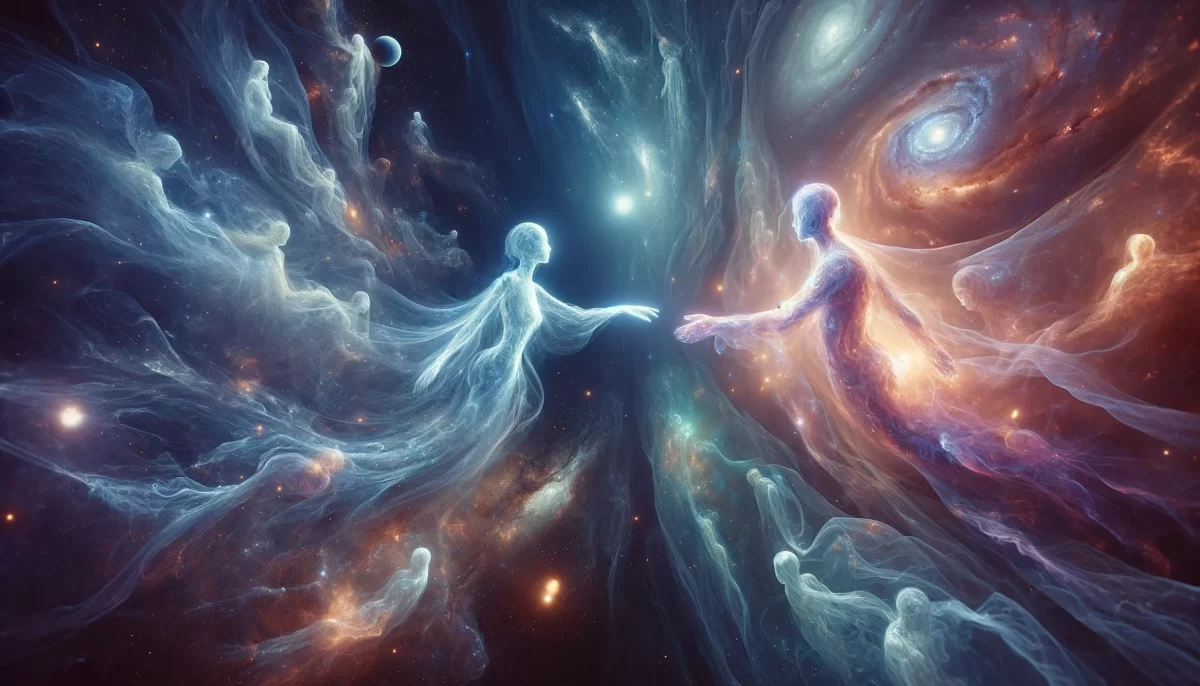
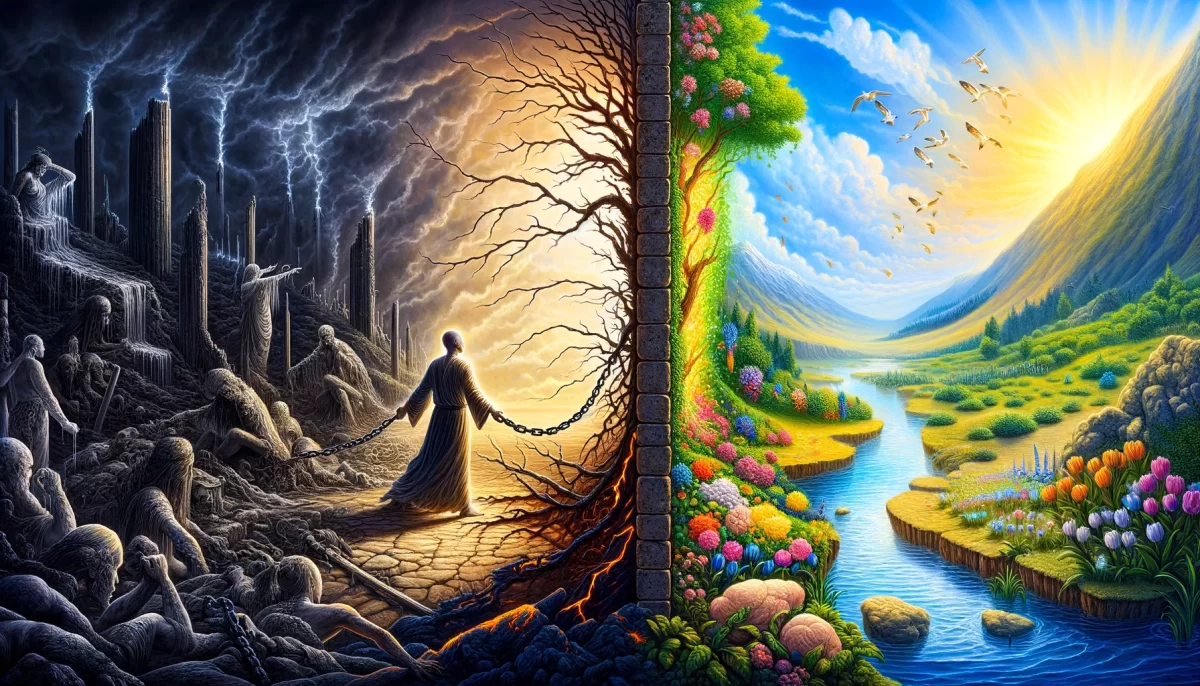

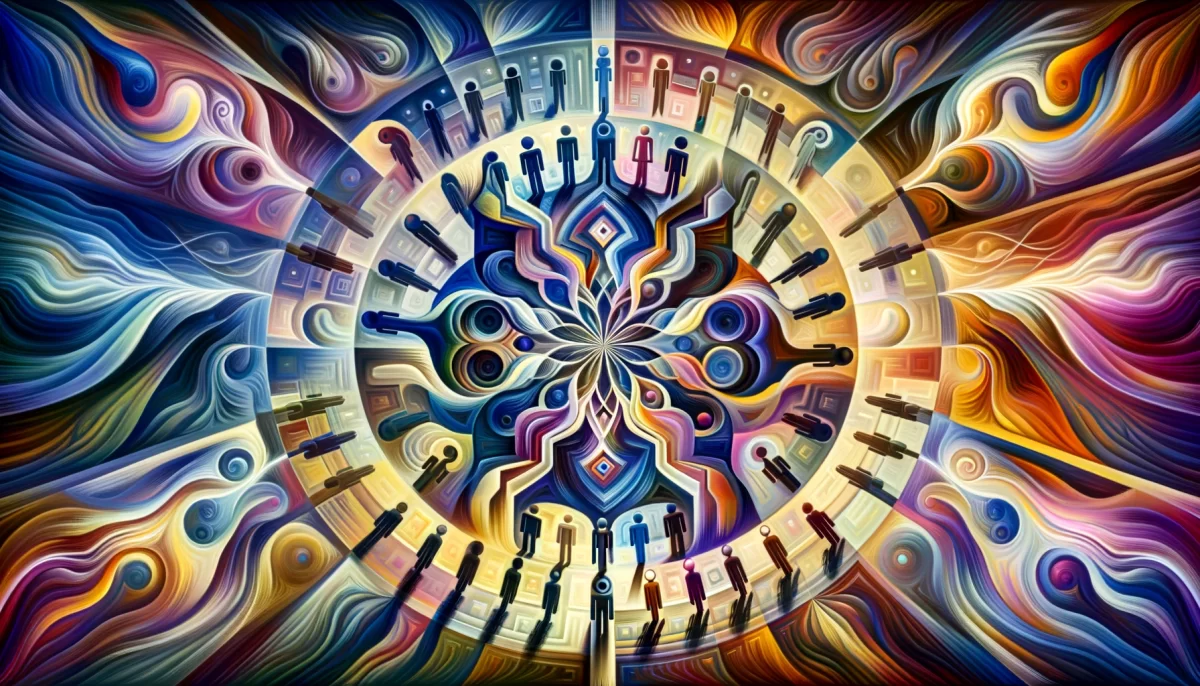
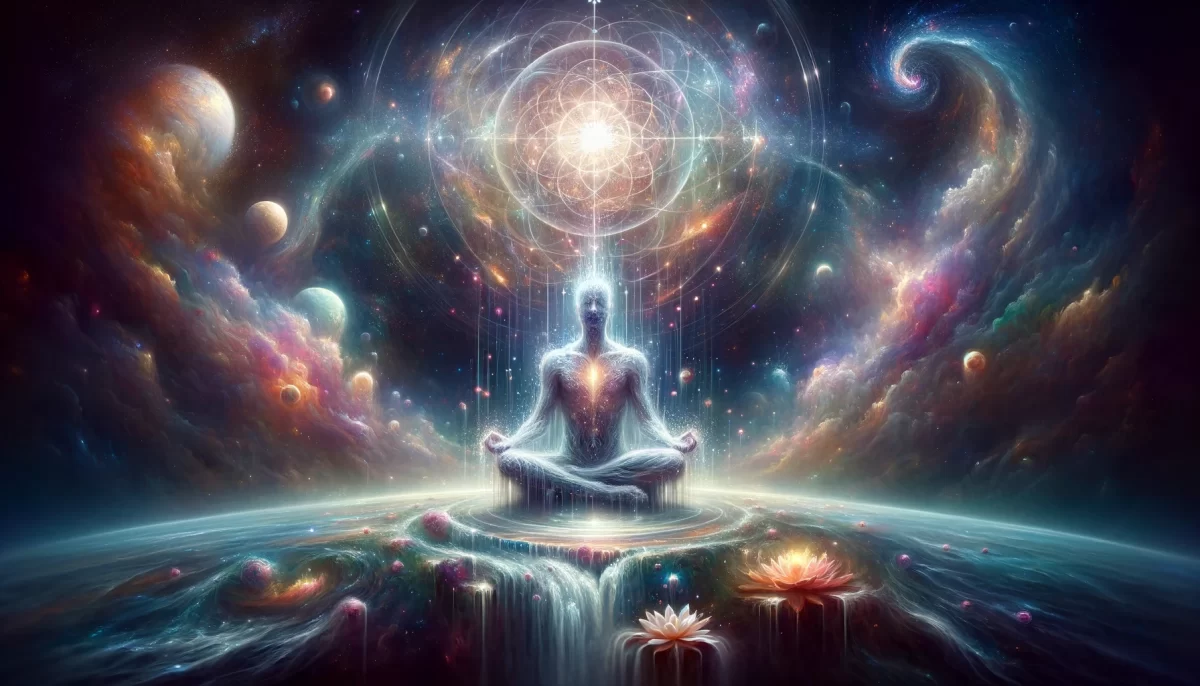

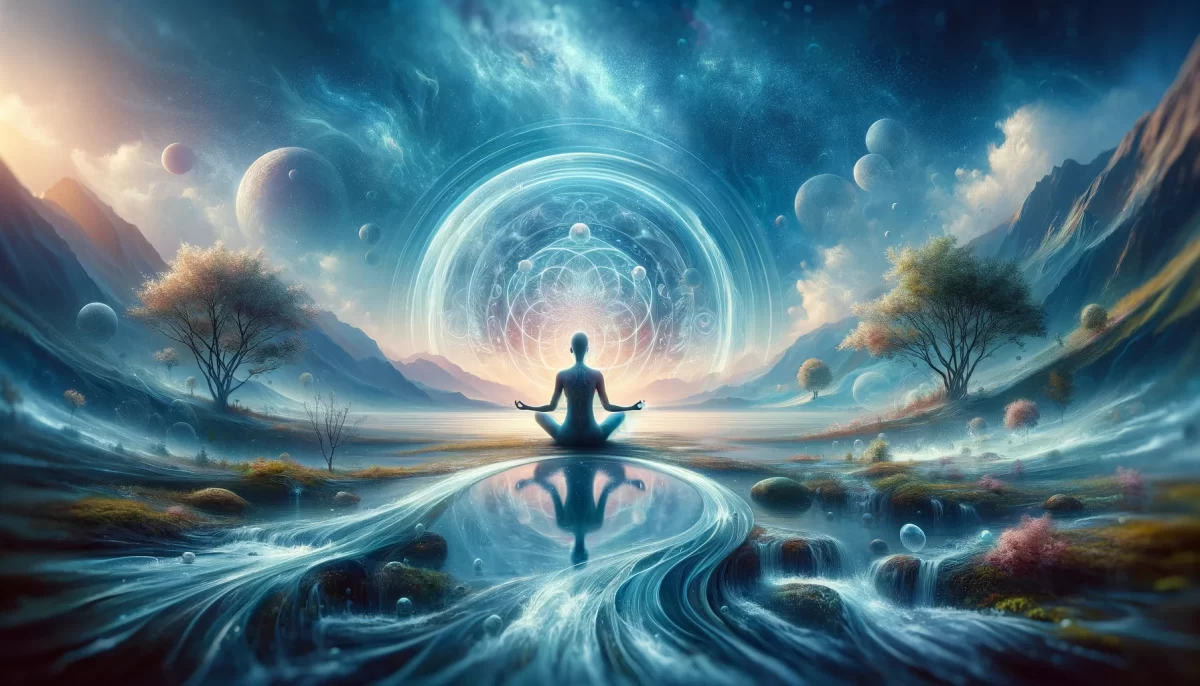


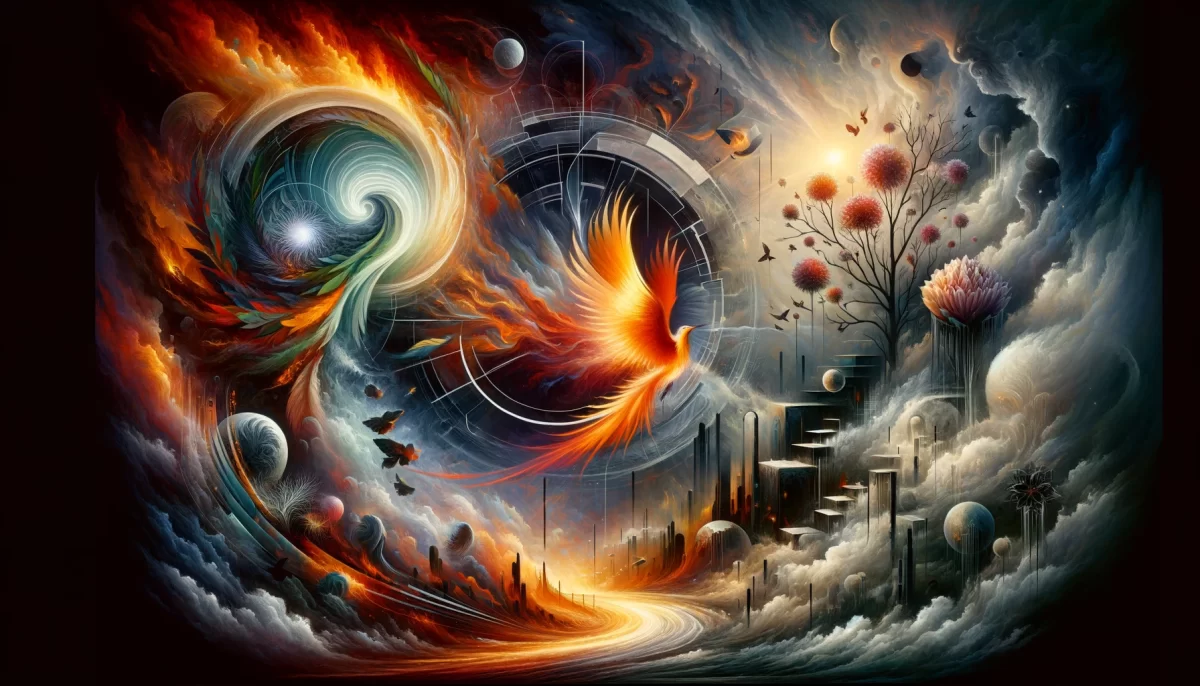
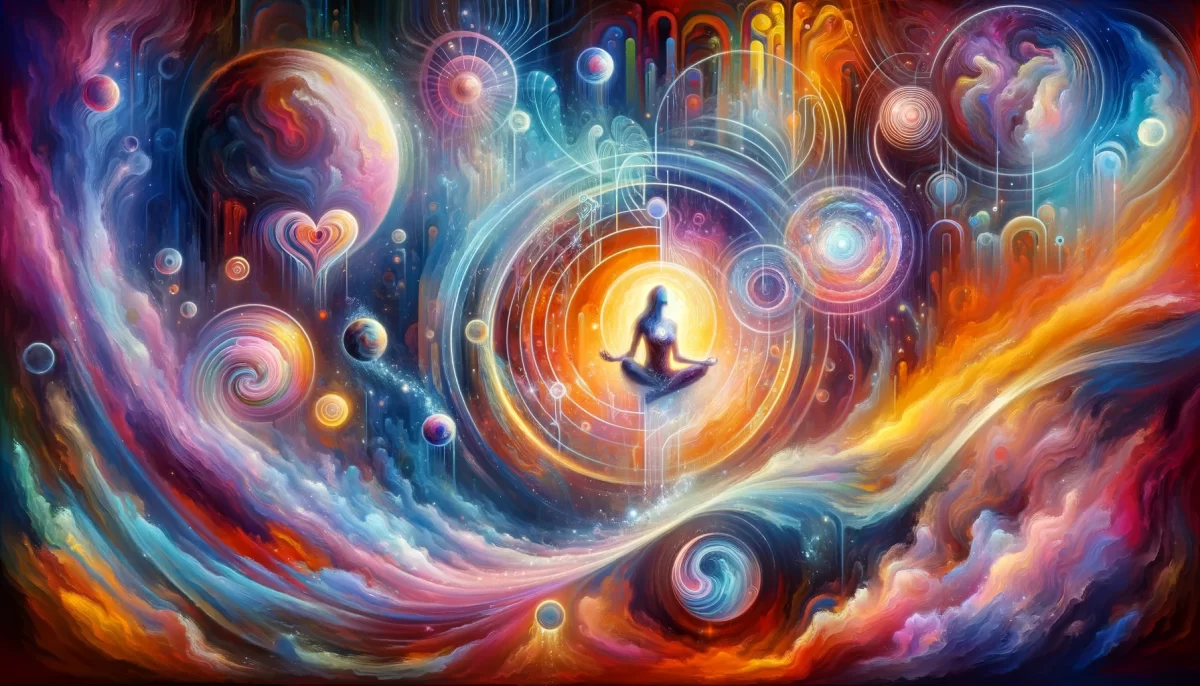

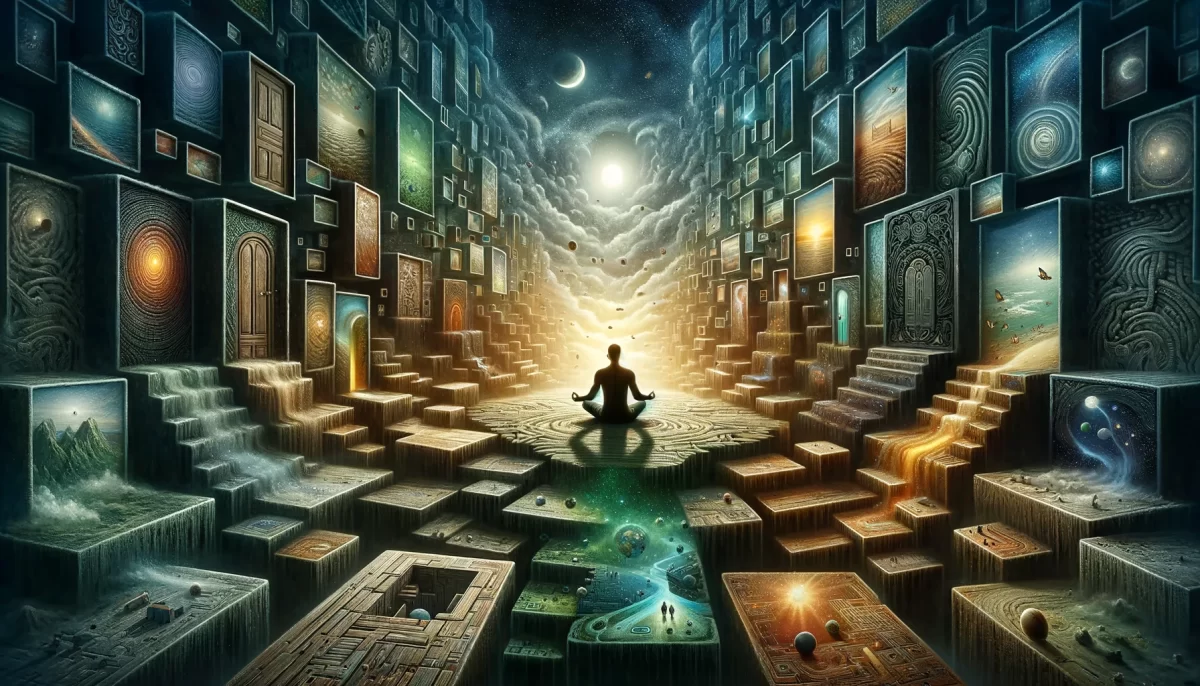
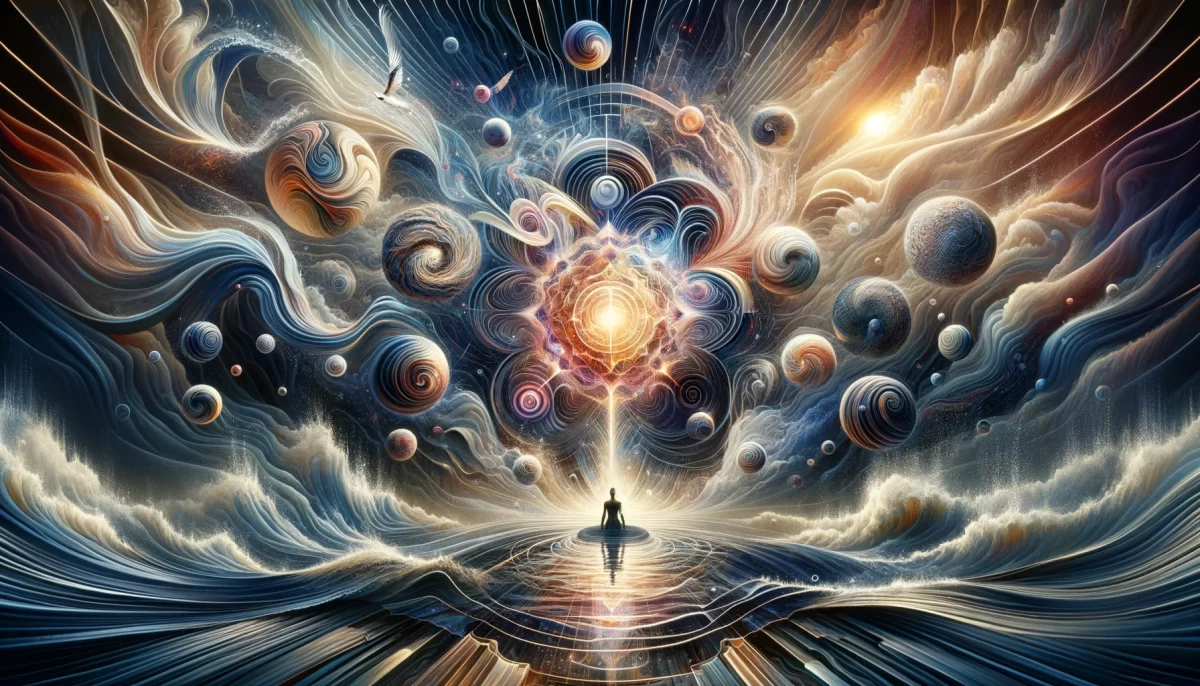
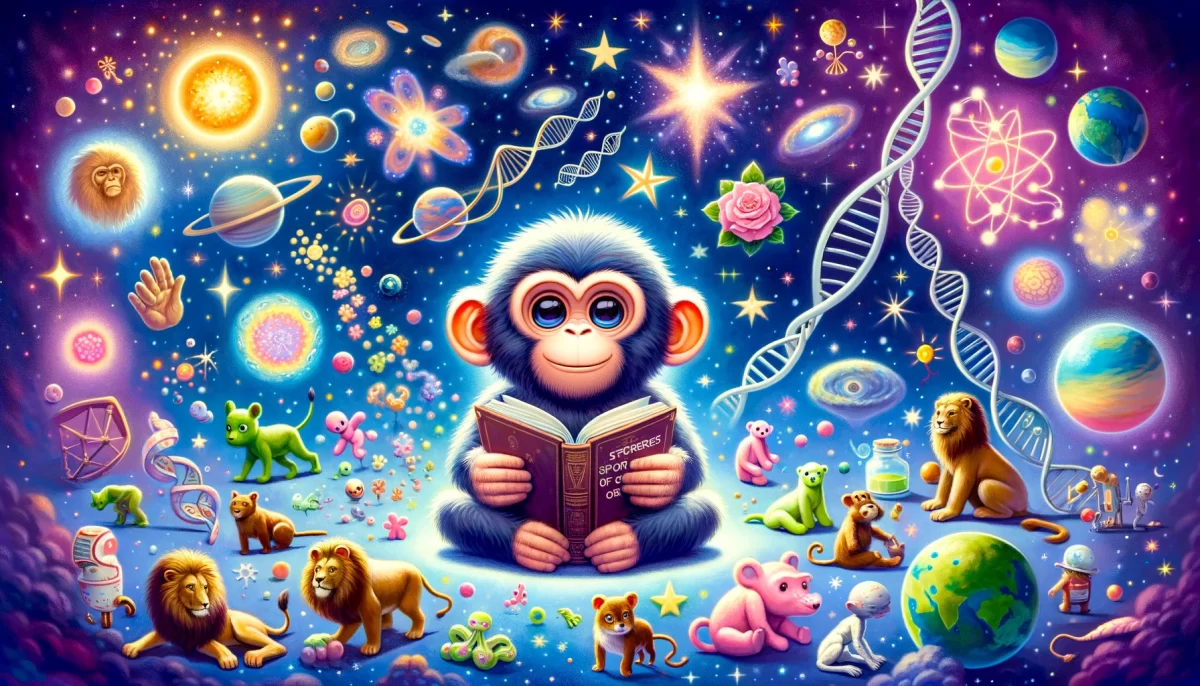
Leave a Reply